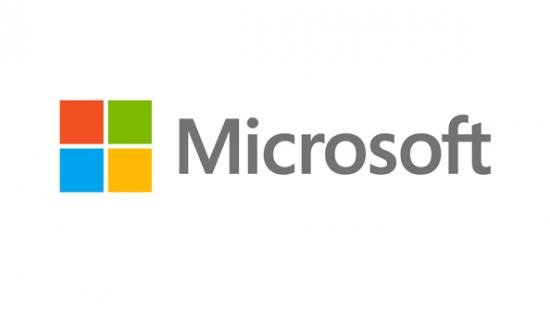Every rose has its thorn, every day has its dawn. And, of course, every OS success story is tempered by some form of backwards compatibility downer. In this case it’s Windows 10 enjoying widespread use, on over 200 million devices the last tie Microsoft counted. But, as the company just announced, they’ll no longer be supporting 6th generation CPUS in Windows 7, 8, or 8.1. If you want to run a Skylake system on trusty old Win7, you’ll henceforth be doing so at your own risk.
Hey, you know which bits of hardware you don’t have to worry about compatibilty with? Our best PC gaming mice.
Microsoft’s executive vice president of Windows and devices Terry Myerson delivered the news via an otherwise upbeat post on the Windows blog entitled “Windows 10 Embracing Silicon Innovation.” That’s one spin on it, sure.
Myerson begins by emphasising how well Intel’s 6th-gen CPUs are working with Windows 10: “Compared to Windows 7 PC’s, Skylake when combined with Windows 10, enables up to 30x better graphics and 3x the battery life.”
“We and our partners are continuing to invest,” continues Myerson, “innovate, and update to drive continued performance improvements across Windows 10 and Skylake devices.”
The flipside of that coin though is that Windows 7, built on ten-year-old code, and in addition all versions of Windows 8, won’t be getting support for new CPUs.
“We know many of these customers continue to rely on Windows 7 for its well understood reliability and compatibility,” says Myerson.
“Windows 7 was designed nearly 10 years ago before any x86/x64 SOCs existed. For Windows 7 to run on any modern silicon, device drivers and firmware need to emulate Windows 7’s expectations for interrupt processing, bus support, and power states- which is challenging for WiFi, graphics, security, and more.As partners make customizations to legacy device drivers, services, and firmware settings, customers are likely to see regressions with Windows 7 ongoing servicing.”
That’s an extremely upbeat way of saying anyone still on Windows 7 who fancies themself a bit of 7th-gen Intel CPU action is going to have to make the jump to Win10.
However, Microsoft will release a list of specific Skylake-powered Windows 7 devices made by their partners which they’ll be supporting until July 2017.
Outisde of that list, machines running an older OS and Skylake CPU architecture and beyond could risk a growing number of security threats, or straight up incompatibility.
